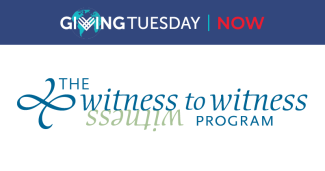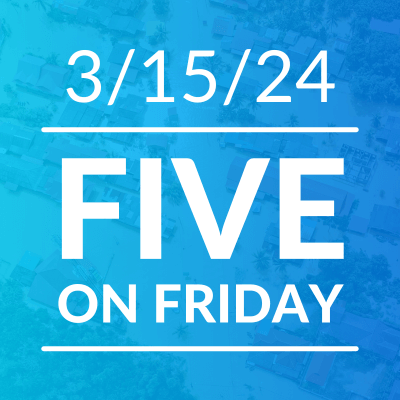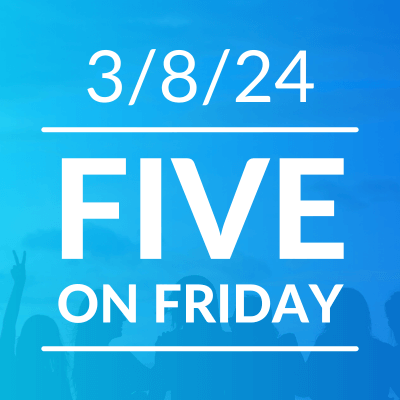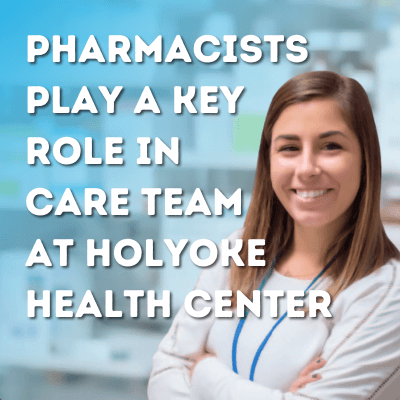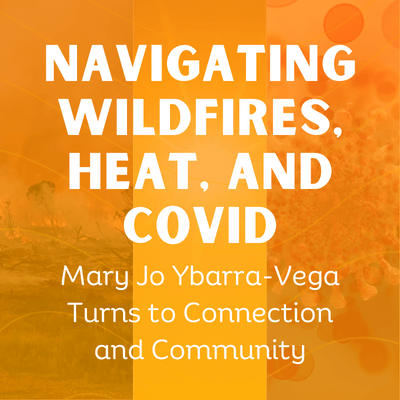Trauma, Mental Health, and COVID-19: Giving Tuesday Offers Support for Frontline Clinicians
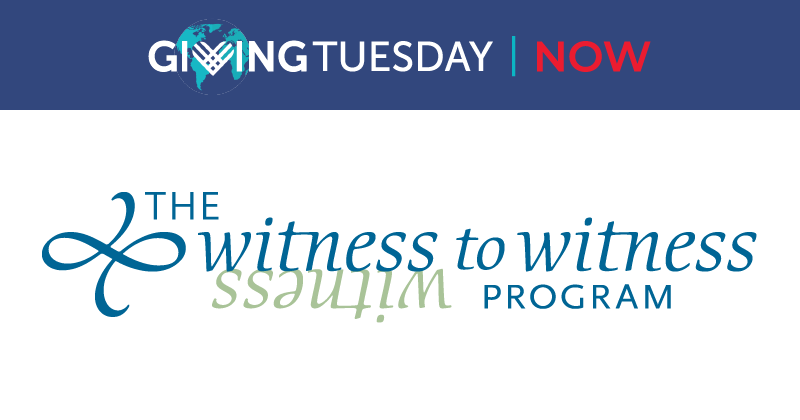
[Editor’s Note: Have you heard? GoFundMe has declared today Giving Tuesday -- and Migrant Clinicians Network needs your help. Our Witness to Witness program, which supports frontline clinicians who are experiencing secondary trauma and moral injury, is more essential than ever during this COVID-19 pandemic. Support frontline clinicians by donating to MCN’s Witness to Witness today.]
The last time I ever spoke to my friend Anna, she cried about resigning from her job. Educated at my own alma mater, eventually graduating with a degree in counseling, she had run the gamut of the toughest beats in social work. Despite her privileged upbringing, Anna found meaning in navigating the skid rows of her Midwest community. No matter what situation she responded to, she always promised her clients that they could find hope together. They always left before she did—to jail, to foster care, to rehab, to the morgue. Whatever their destination, Anna grappled with knowing that while she always went home, she never really left anyone. It was a strategy that worked, until it didn’t.
Less than a week after I last talked with her, Anna died by suicide.
Although Anna will forever be one of a kind in my mind, I can sadly confide that she is not unique. Just last week, the New York Times reported on the death by suicide of Lorna M. Breen, a physician who both treated COVID-19 patients and contracted the condition herself. Dr. Breen’s father, himself a physician, commented, “She tried to do her job, and it killed her.”
In a separate write-up about Dr. Breen’s death, the New York Times warned about the unrecognized vulnerability of frontline responders, particularly related to their work-acquired trauma sustained in the aftermath of a disaster. Despite their increased probability of complications, “seeing themselves as vulnerable is disruptive — antithetical, even — to their self-concept. They’re the healers in this equation, not the ones who need to be healed.”
Such experiences would naturally prompt anyone to feel traumatized, but the sense of isolation and vulnerability amongst providers is one that rarely gets the attention it deserves. Ultimately, healing the healers is a necessary part of public health. At Migrant Clinicians Network, one such program designed to address this need is the Witness to Witness Project. Started by Kaethe Weingarten, PhD, a Harvard-trained psychologist, it strives to facilitate a sense of empowerment in providers who are under tremendous amounts of stress as a result of the work they do with clients who are themselves faced with an inordinate stress load due to belonging to vulnerable populations.
A Kaiser Family Foundation tracking poll conducted in late March found that almost half of respondents described the pandemic as harmful to their mental health. Even without the backdrop of a global health crisis, providers like doctors are at a disproportionately high risk for suicide often as the result of reality constraints interfering with their ability to help. Such a disconnect can foster a long-term sense of helplessness.
The devastation of such helplessness was a key factor in the formation of Witness to Witness, according to Dr. Weingarten. While the program was initially conceived to benefit attorneys and health care workers doing asylum and immigration work at the border, it has since grown to encompass broader definitions of providers, clients, and stress. Drawing on Dr. Weingarten’s extensive theoretical research and conceptualization, the Witness to Witness Project helps individuals transition out of the sense of helplessness and into a more empowered state of being. To date, Dr. Weingarten has developed materials and resources for clinical teams and health centers, which serve as the basis of Witness to Witness’ high quality, bilingual webinars tailored for the needs of clinicians, outreach workers, community health workers, and health center supervisors. Arguably, the most impactful work offered by the Witness to Witness Program are the peer-to-peer sessions, where frontline clinicians are directly connected to trained therapists. This connection represents that heart of the work Witness to Witness does, as well as the why of its success. These therapists, trained in Dr. Weingarten’s theory of witnessing, facilitate dialogue among participants of constructive ways to build on their pre-existing resilience resources. As COVID-19 further pressurizes the work environment for clinicians, Witness to Witness has shifted to provide more resources, trainings, and volunteer therapy sessions specifically around COVID-19, and is poised to further expand in the long-term aftermath of the pandemic, wherein the mental health consequences of this emergency on health care providers will require a coordinated and powerful approach.
In the wake of Anna’s death, I have been left with a lot of questions, the most central of which will always be: could I have done something more to help her? In hindsight, her resignation from her job was the proverbial cry for help, the mask to conceal her growing sense of helplessness. It wasn’t that Anna didn’t have access to help; she had a therapist of her own, one she visited the morning of her death. But Anna’s own professional language of healing emphasized spiritual recovery; it makes sense this was likely a feature of her personal development as well. Anna likely never had the chance to delve into the complexity of the moral wounding she witnessed in her career, never mind recover from it.
Although I am not a trained professional, it is my belief that the tools used by Witness to Witness would have made a difference to Anna. The peer-to-peer based strategy is no substitute for therapy, but it is designed to facilitate a short-term revival of resilience to help the recipient manage in the middle of a short-term crisis so as not to overwhelm a person’s innate coping abilities. Given the trend of the national conversation concerning the long-term implications of managing the COVID-19 crisis among frontline responders, this distinction is key. Through the protocols of Weingarten’s witnessing model, trained professionals guide participants through making note of the distinction. This is why I believe that whether she had participated in our webinars or the peer counseling, Anna would have discovered a way to acknowledge her position and shifted into a more empowered state instead.
This is also why, in my role as Project Manager here at MCN, I have spearheaded the GoFundMe GivingTuesday campaign Helping the Helpers in the Fight Against COVID-19 to benefit the Witness to Witness Project. It is our hope to continue to raise more money, especially as we are participating in a contest to see which nonprofit can raise the most money in a single day, May 5. The winner of the competition will earn a $20,000 cash donation. For a small project like this, that amount of money creates a big impact. The impact is particularly sizable because Witness to Witness provides services to the community completely free of charge.
The impact of these deaths by suicide is likely never to lessen, but part of my grieving process has been to resolve to do whatever I can to avoid losing any more remarkable helpers out of my life. Witness to Witness gives us the tools to help people empower themselves -- which, at this critical juncture, promises to save lives. Frontline clinicians are themselves saving lives every day. Supporting their own health is the least we can do to thank them for their sacrifices throughout this terrible pandemic.
Donate to Witness to Witness for Giving Tuesday here.
Like what you see? Amplify our collective voice with a contribution.
Got some good news to share? Contact us on our social media pages above.
Return to the main blog page or sign up for blog updates here.
- Log in to post comments
